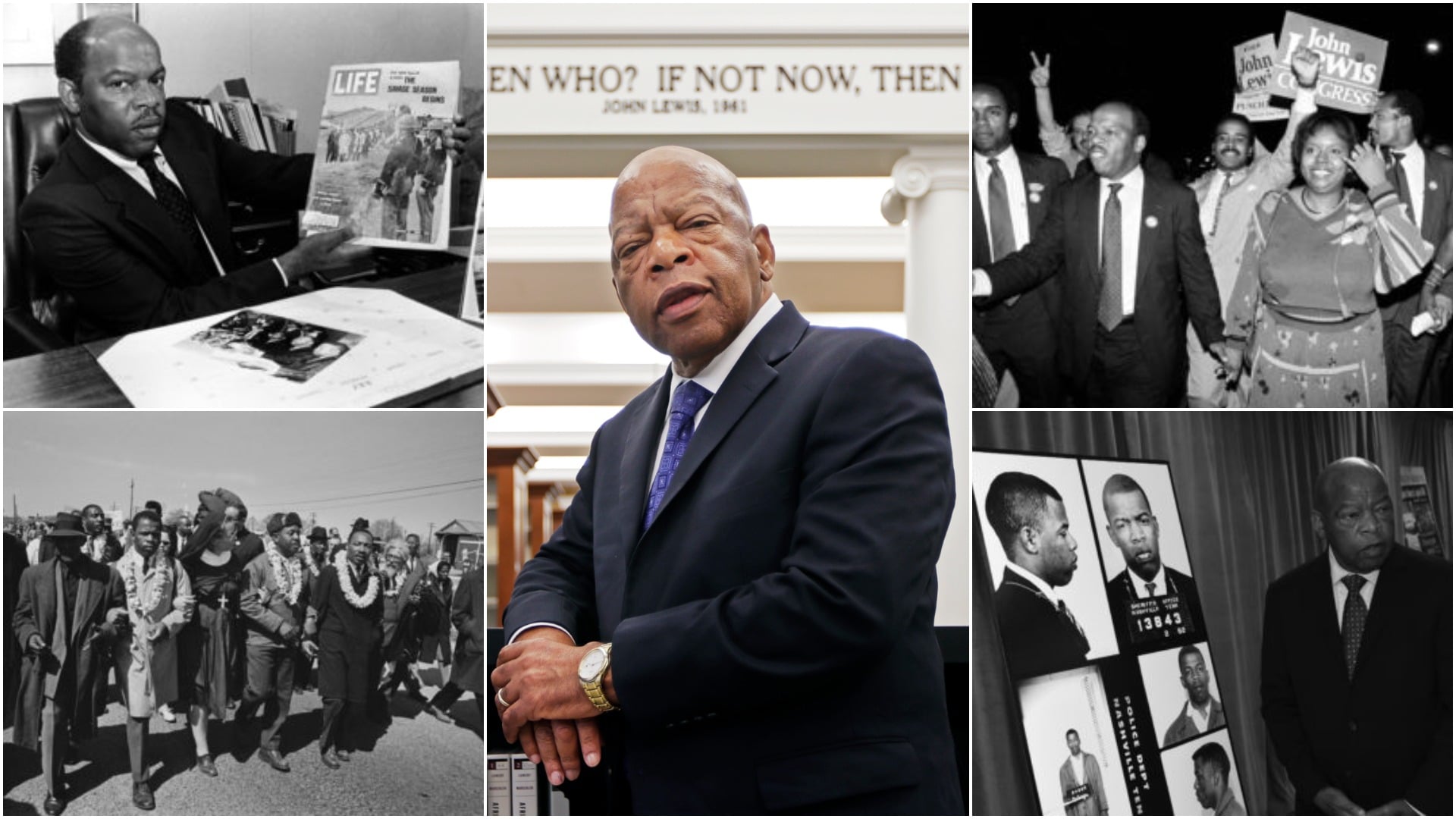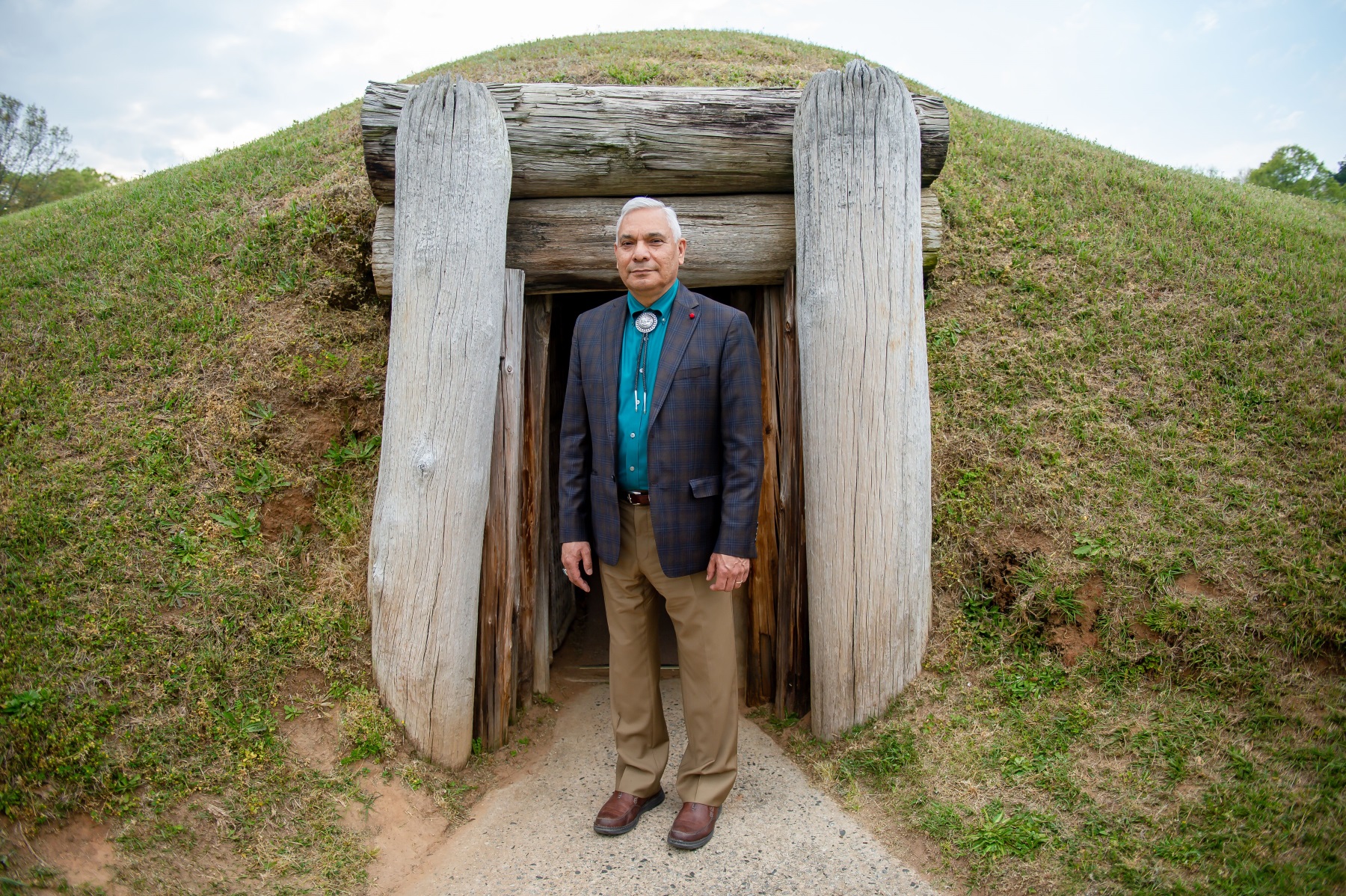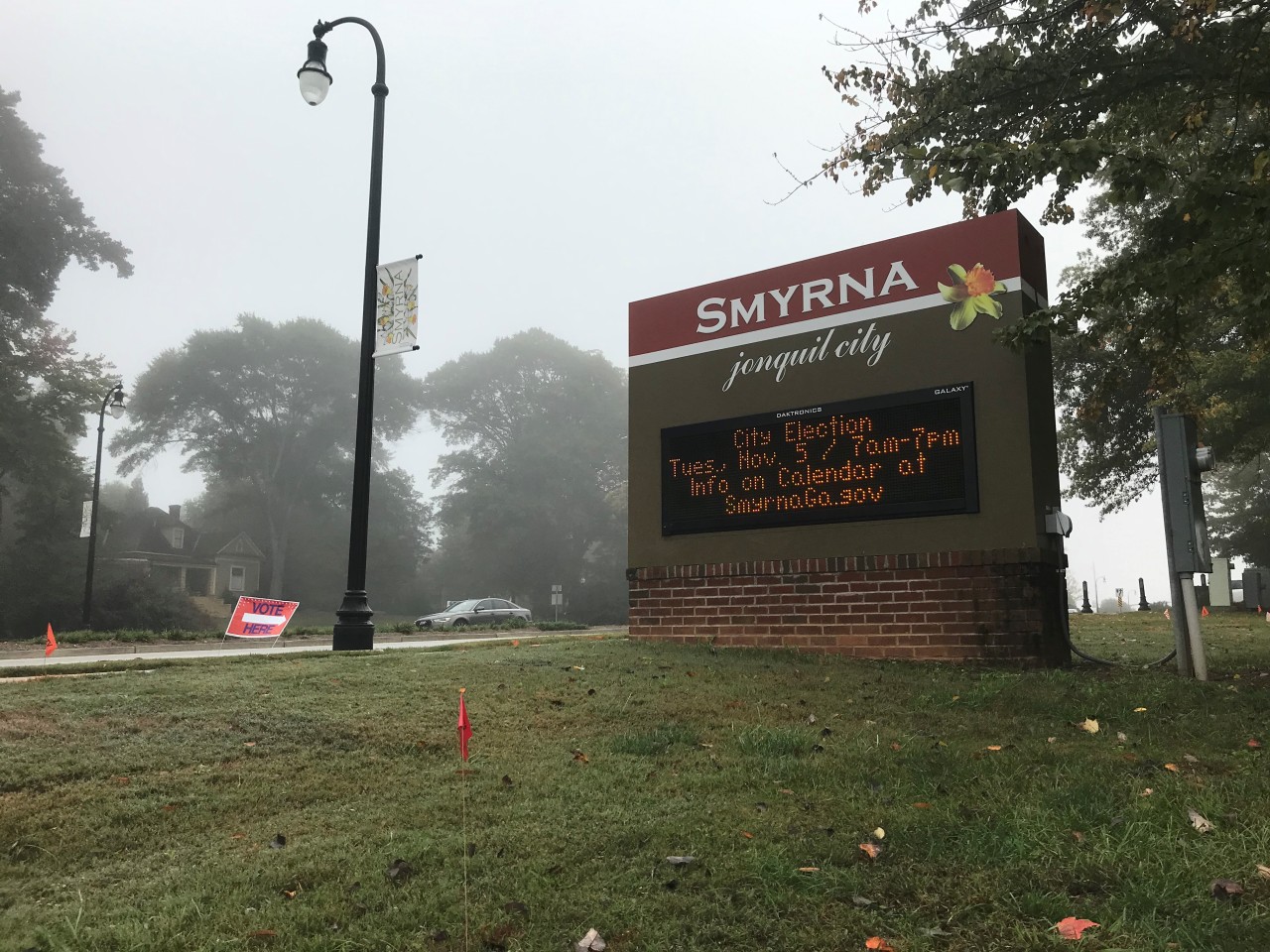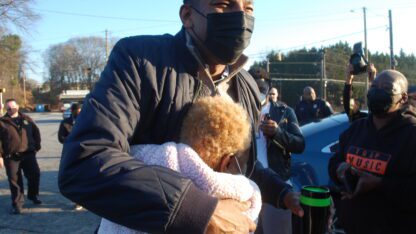‘The Best of Moral Leadership:’ Reflections On The Legacy Of Civil Rights Icon John Lewis

Monday’s program is a special-edition of “Closer Look” dedicated to remembering the life and legacy of Georgia Congressman and civil rights icon John Lewis.
PHotos Courtesy of the Associated Press
Rep. John Lewis is being memorialized as a hero of the civil rights movement and a champion for voting rights. He passed away in Atlanta on Friday at the age of 80, following a battle with pancreatic cancer.
On Monday’s special edition of “Closer Look,” host Rose Scott spoke with historians, fellow civil rights activists, journalists and educators who shared their reflections on the life and legacy of Congressman Lewis. Below are some highlights from those conversations:
On his early years in the civil rights movement:
Broadcast pioneer and civil rights activist Xernona Clayton:
“But, John Lewis, I saw him ready for duty, bravely weathering the storm, trying to decide what’s next, getting marching orders from Martin Luther King, and then ready to move. I saw this every day. So, I look at him now and say, ‘oh boy, this was a blessing for me to be afforded the opportunity to live among people who were ready for duty all the time.’ ”
On his political prowess:
Veteran WABE reporter and host Denis O’Hayer
“I first knew him when he was on the Atlanta City Council, and he was a force there. But, I think what people sometimes forget is what a good political fighter he was….He could be a bare-knuckles political brawler when he needed to be.”
On his influence on the next generation:
Spelman College President Dr. Mary Schmidt Campbell:
“When he spoke to our students it was as if he were speaking to every single one of them…So [Spelman College] has established an endowment for the John Lewis social justice fellows, and we’ll choose five fellows every year…And they will be the ongoing embodiment in perpetuity of his spirit for us.”
Doug Shipman, historian, president and CEO of the Woodruff Arts Center
“He was somebody who maintained that youthful spirit. And I wonder if it goes back to his beginning. He wrote a handwritten letter to Dr. King…And Dr. King sent him a bus ticket and said, ‘if you want to be helpful then come and help.’ And that’s how he started his civil rights journey. And I always though back to that story when I saw him with a young person, because I think for all the global stage and the moral clarity, he never forgot that someone had reached out to him as a young person and I think he wanted to do that. And I think that’s his legacy.”
On his ties to Selma:
“Because I was a Black boy from Selma, Congressman John Lewis took extra time, spent extra time, he stood with me. Over the years, he would call me the boy from Selma. And it’s not until last Saturday morning, that I realized that he would call himself the boy from Troy.”
On his mentorship:
Former Atlanta Public Schools Superintendent Dr. Meria Carstarphen:
“There’s really only one John Lewis. I am just so grateful that I knew him. I could count on him. He was loyal and a true friend and supporter. I think, as a young African American woman growing up in Selma, Alabama, wanting to make my way in the space of education, I could not have been more blessed than having him in my life. He always presented solutions with hope.”
On his leadership style:
James T. and Berta R. Laney Chair in Moral Leadership Professor Robert M. Franklin Jr.:
“As we think of moral leaders, women and men who possess integrity and courage and imagination, who serve the common good, who invite others and attract others to their cause, Congressman John Lewis really embodied the best of moral leadership in our time.”








